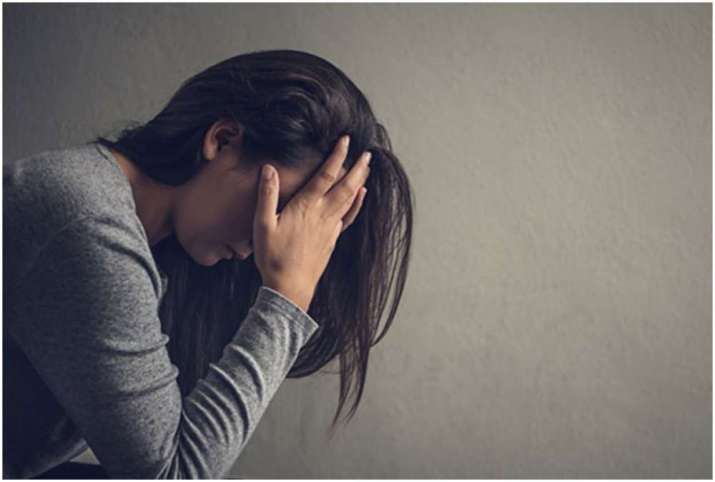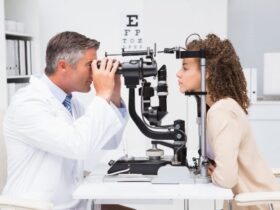Anxiety disorders are the most prevalent form of mental illness in the U.S. Roughly 40 million adults are diagnosed with this illness every year. Depression and anxiety usually go hand in hand, so it is common to find someone with depression suffering from anxious feelings. Unfortunately, not everyone suffering from depression and anxiety is diagnosed correctly or has access to effective treatment. Park Slope Ketamine infusion treatment is ideal for depressed patients who are not responding well to antidepressants and other interventions.
What is depression?
Depression is a mood disorder that makes one feel constantly sad, and they lose interest in things that once made them happy. People who suffer from depression suffer from many emotional and physical problems that hinder them from being productive. Signs of depression include:
- Sadness, hopelessness, and tearfulness
- Loss of interest in everyday activities like socializing with friends
- Insomnia or too much sleep
- Anxiety and restlessness
- Suicide ideation and attempts
- Fixation on past failures or underachievement
- Concentration and memory problems
- Weight loss or weight gain
- Lethargy even when performing mundane chores
- Irritability and frustration on minuscule issues
Please note that someone battling depression may not present all these symptoms at once. They usually occur in episodes lasting between a few hours to several days. There are different kinds of depression, as follows:
Major depressive disorder (MDD)
This depression is also known as clinical depression, and patients experience intense symptoms that typically last beyond two weeks. Patients can barely function until they receive appropriate treatment. Cultural sensitivity is essential in helping them emerge from this rut.
Perinatal and postpartum depression
Pre and postpartum depression are familiar with mothers navigating pregnancy and motherhood, especially if they are first-time mothers. This depression can start during pregnancy and last up to one year after birth. Most mothers will suffer through symptoms while still caring for their newborn while others are completely overwhelmed.
Persistent depressive disorder (PDD)
PDD or dysthymia can last for more than two years, and the signs are not as aggressive as what you see in major depressive disorders. Patients can assume they are okay until symptoms crop up again, thus reversing any progress toward recovery.
Psychotic depression
Patients with psychotic depression experience hallucinations and aggressive signs. The person starts believing in unrealistic things relating to others or hallucinating. The latter involves hearing or seeing things not there, like voices or ghosts.
Seasonal affective disorder (SAD)
SAD is expected in late fall to early winter, perhaps due to unpleasant weather conditions. Things start looking up as spring and summer approach.
Bipolar depression
People with bipolar disorder generally have alternating episodes of low mood and high energy (mania). They can move from not wanting to leave the bed to doing spring cleaning and planning a party all in one week.
Premenstrual dysphoric disorder (PMDD)
This severe form of PMS typically affects women just days or weeks before their menstrual cycle, then goes away until the next cycle.
Depression and anxiety are severe mental disorders that require proper treatment. If you are experiencing the above symptoms, consult a qualified psychiatrist for treatment.









